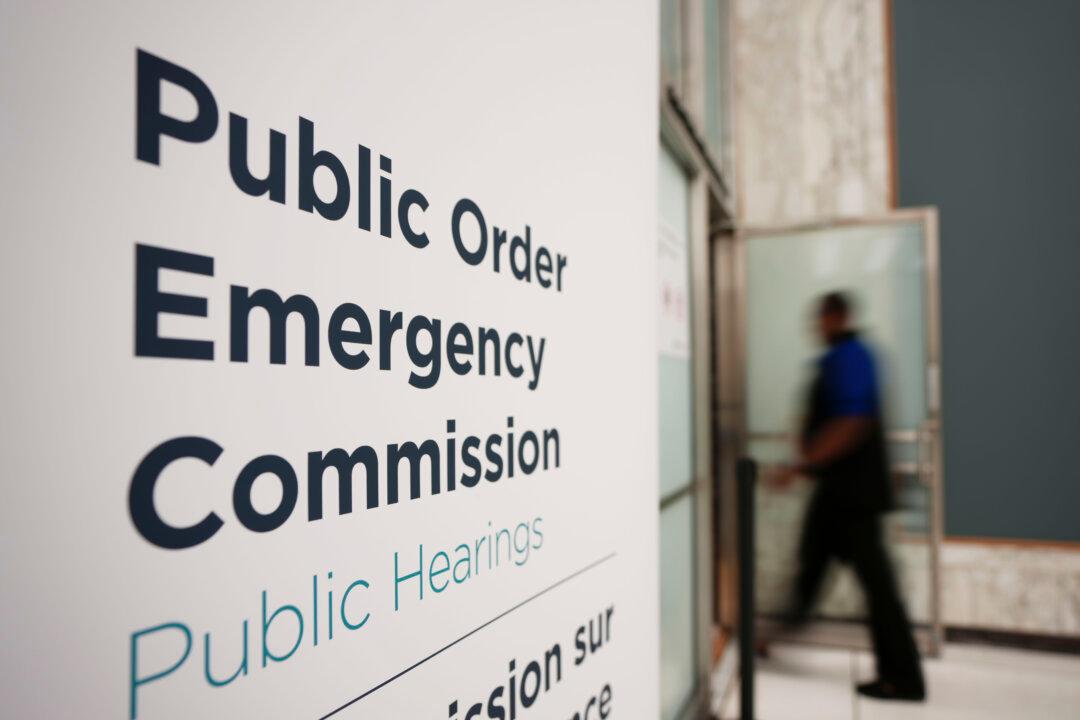The majority of the federal records connected to the Freedom Convoy were not disclosed in the 2022 inquiry into the use of the Emergencies Act against protesters, and will not be made public for years, according to a report by the privy council.
Roughly 87 percent of the 31,844 documents given to a judicial inquiry on the government’s decision to invoke the Emergencies Act have been kept confidential, for a total of 27,815 restricted documents, as first reported by Blacklock’s Reporter.





